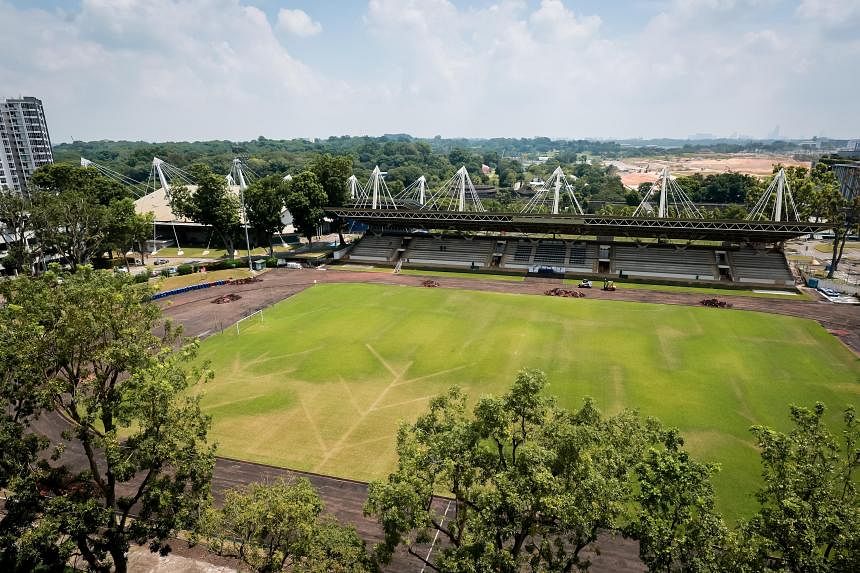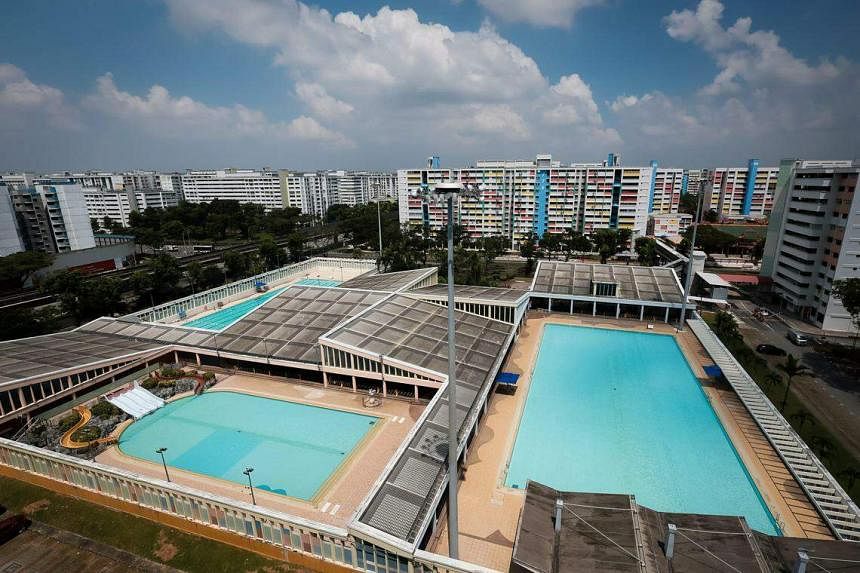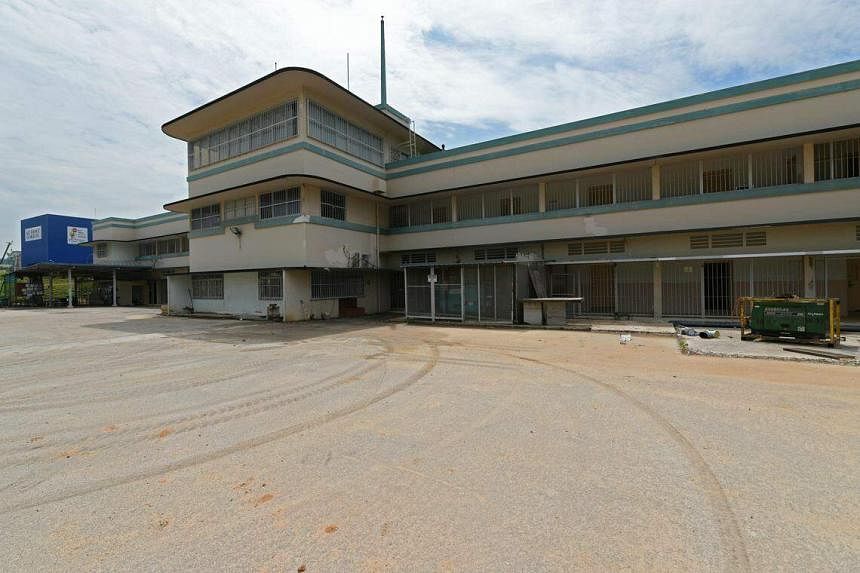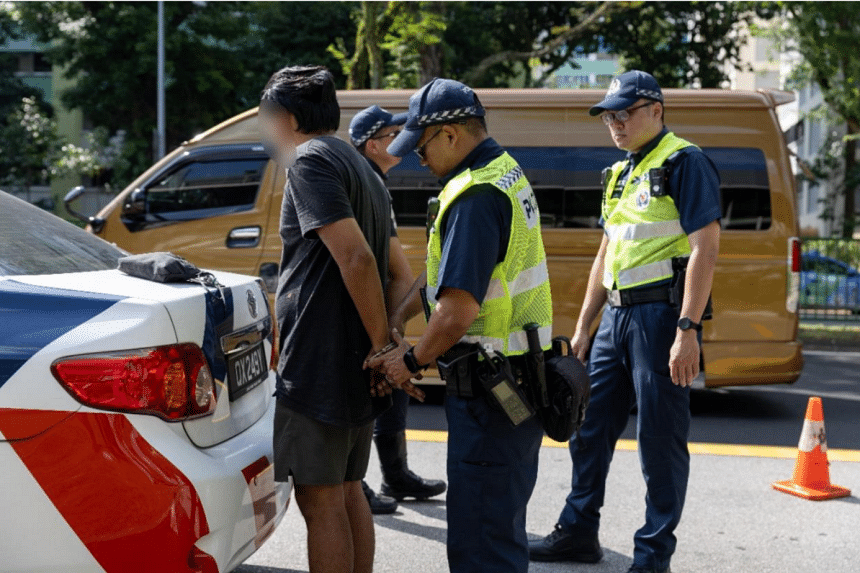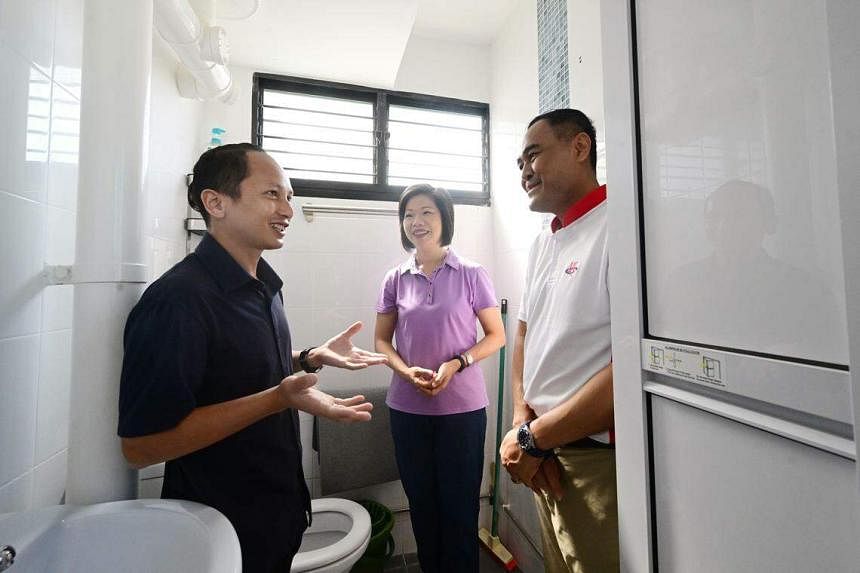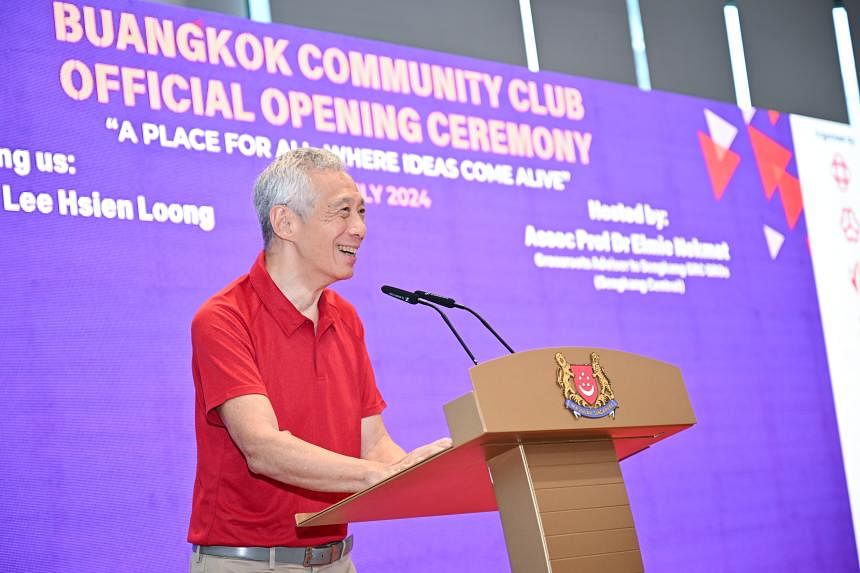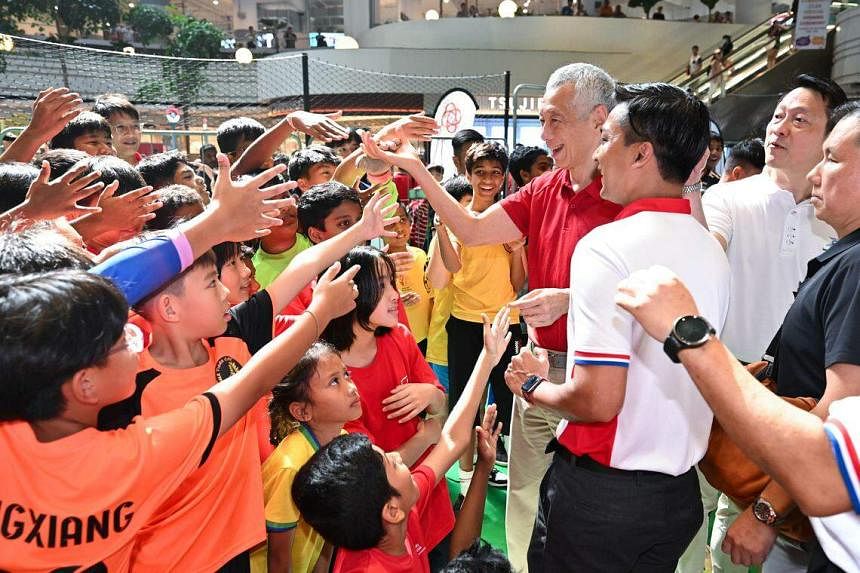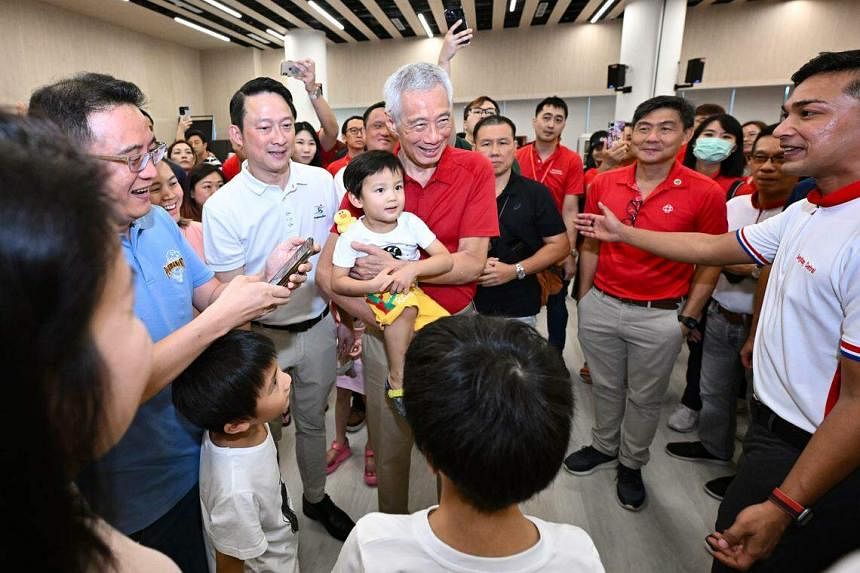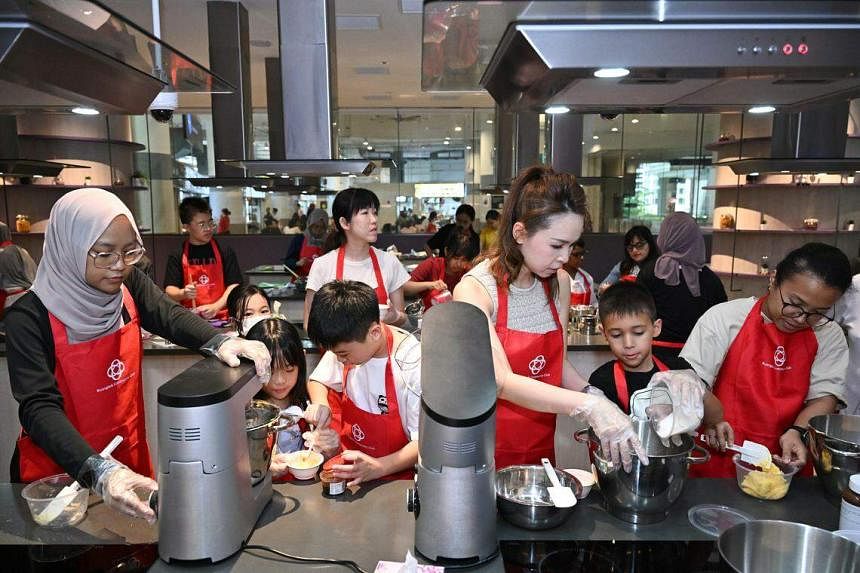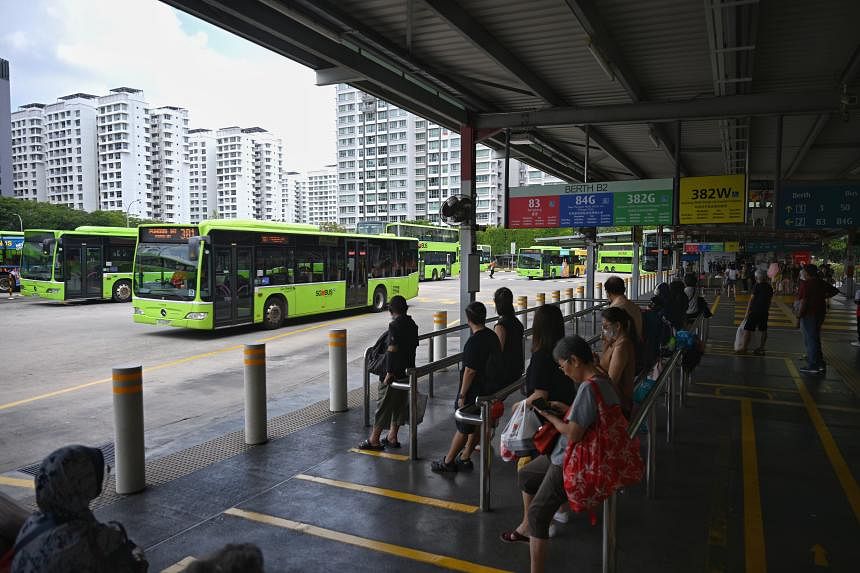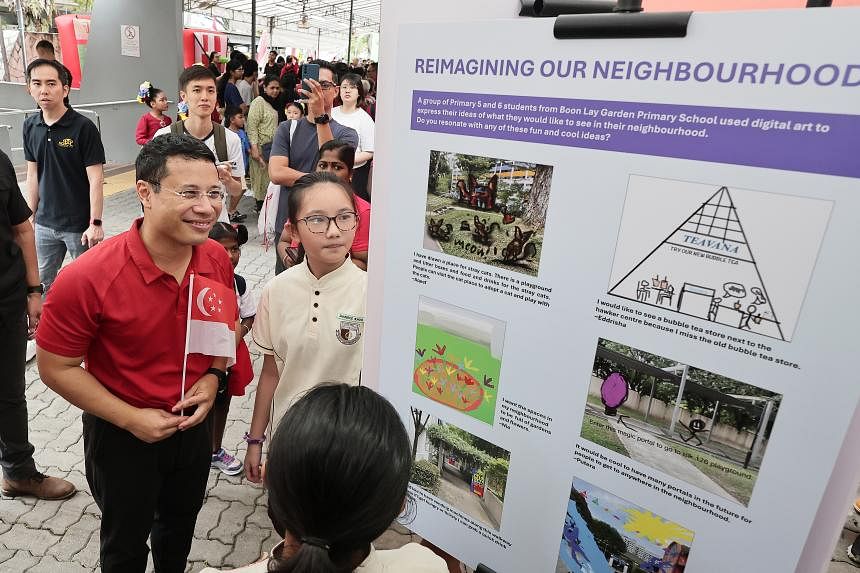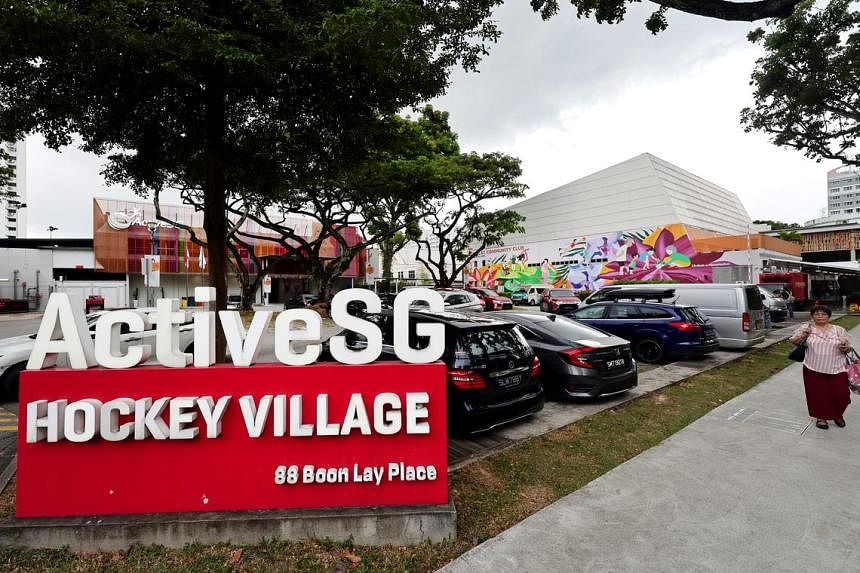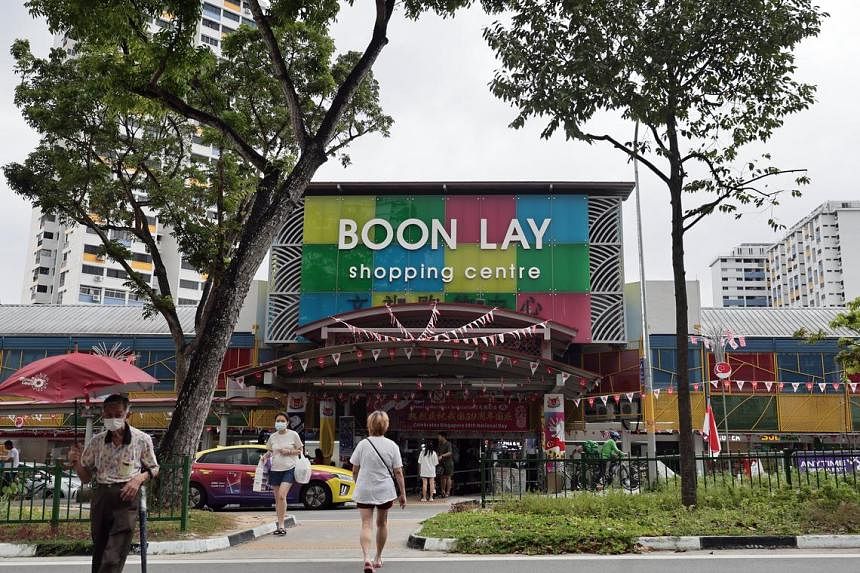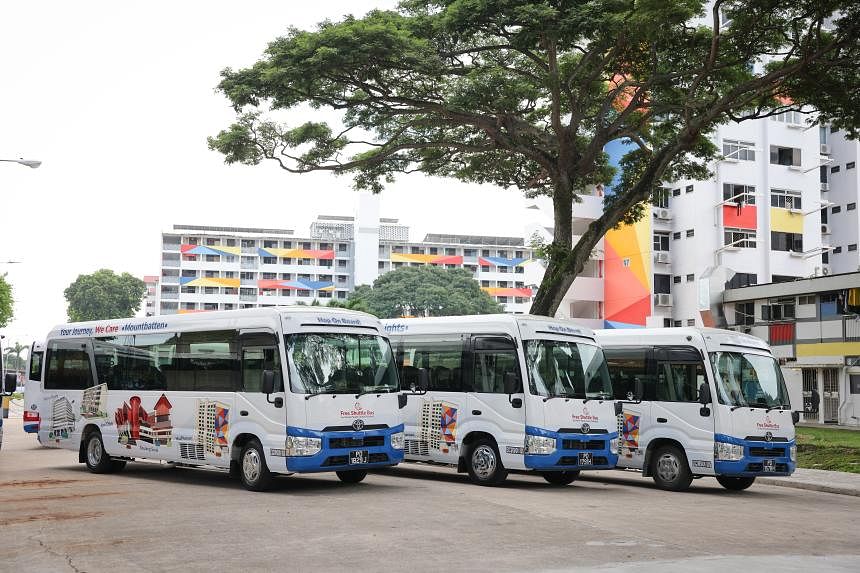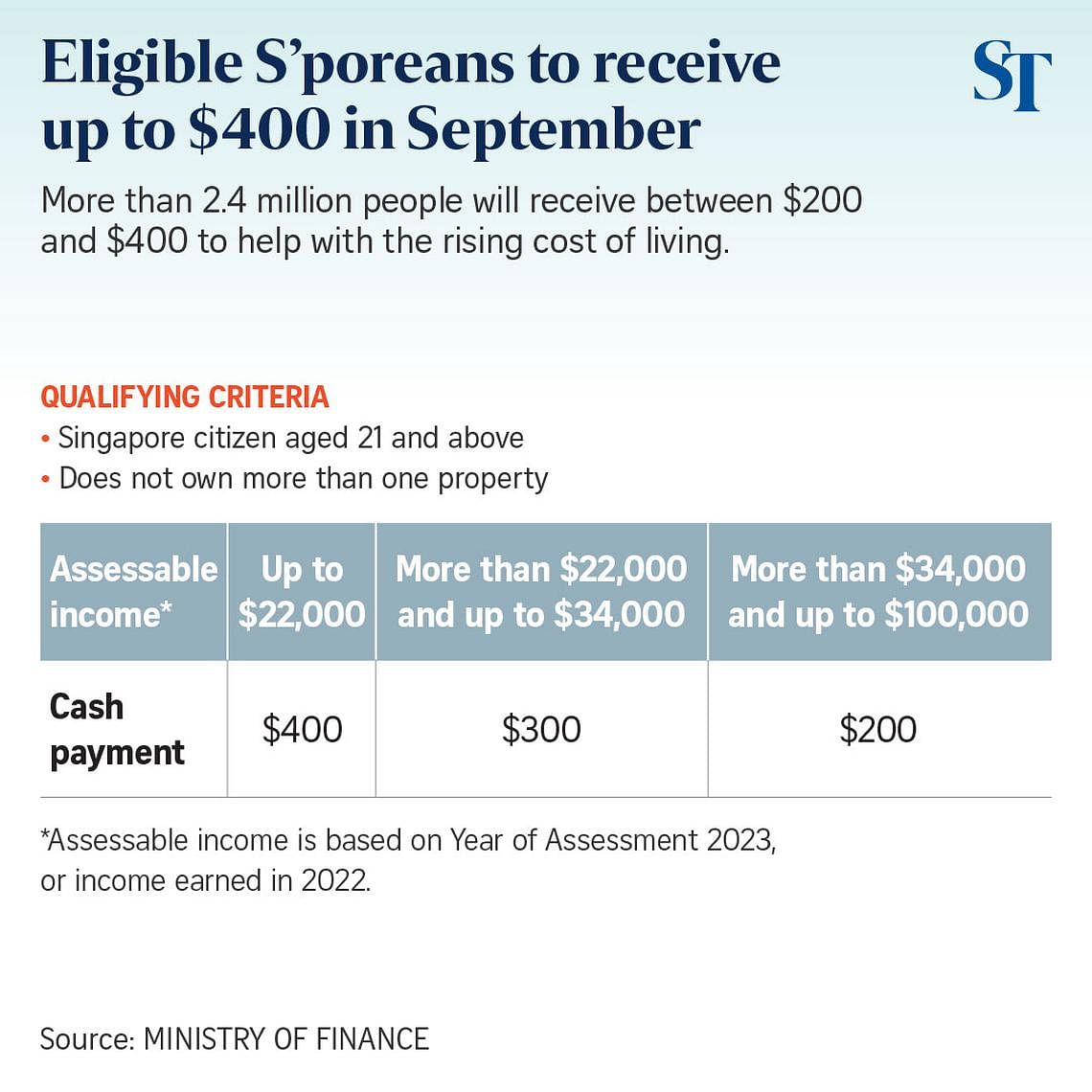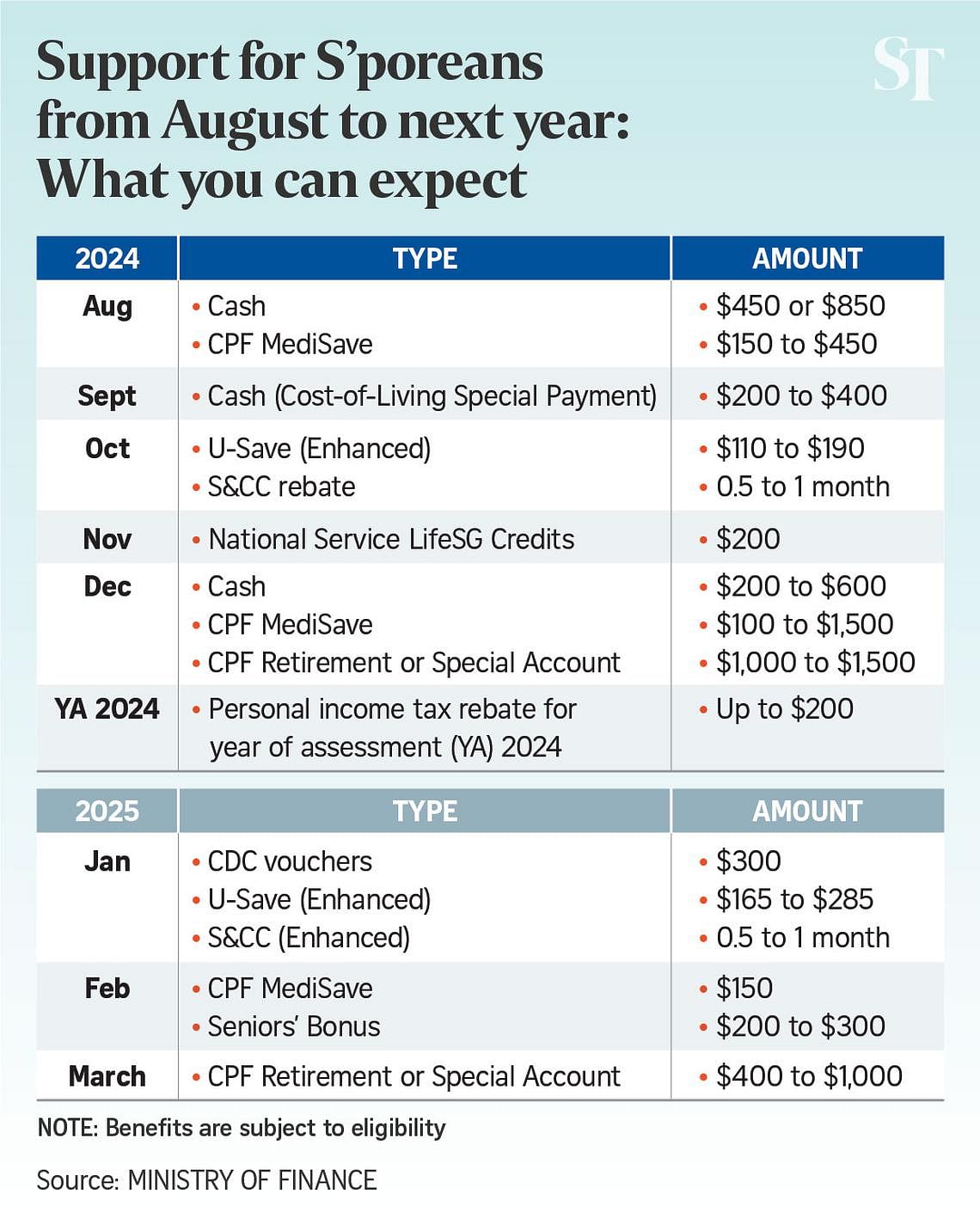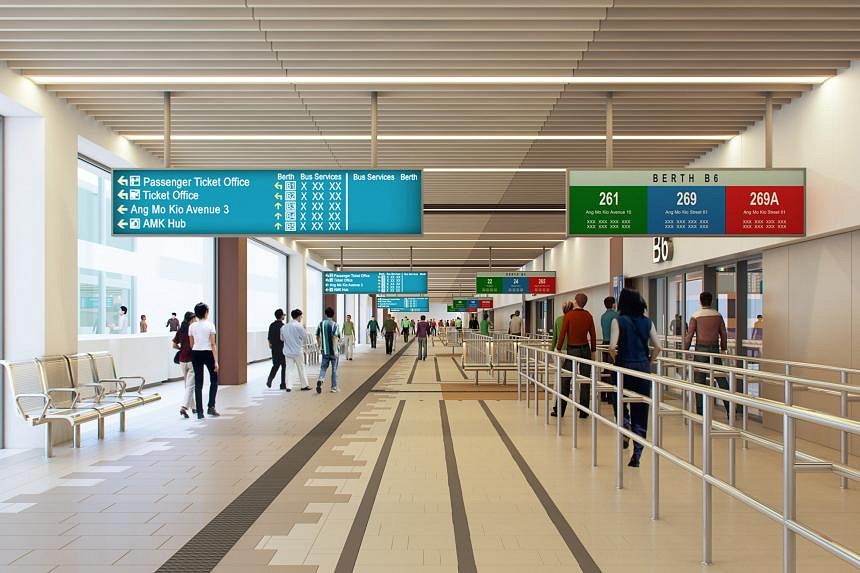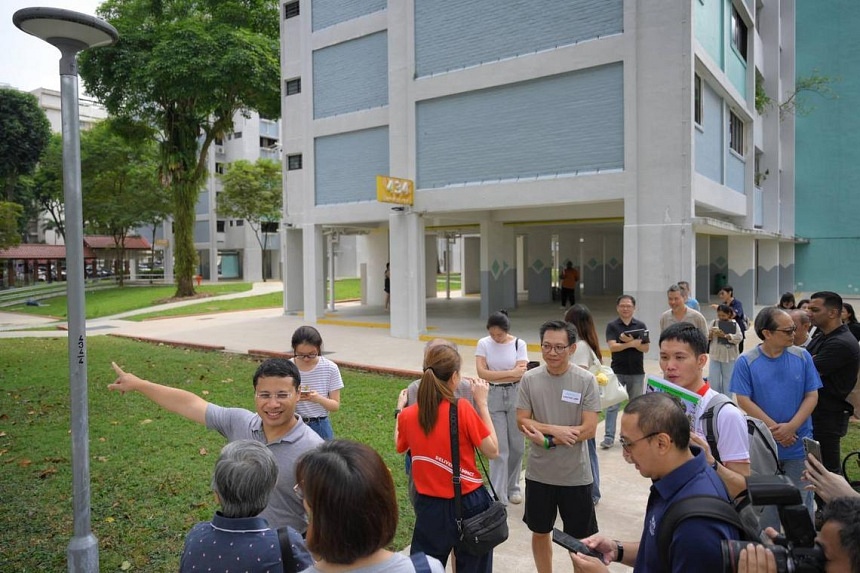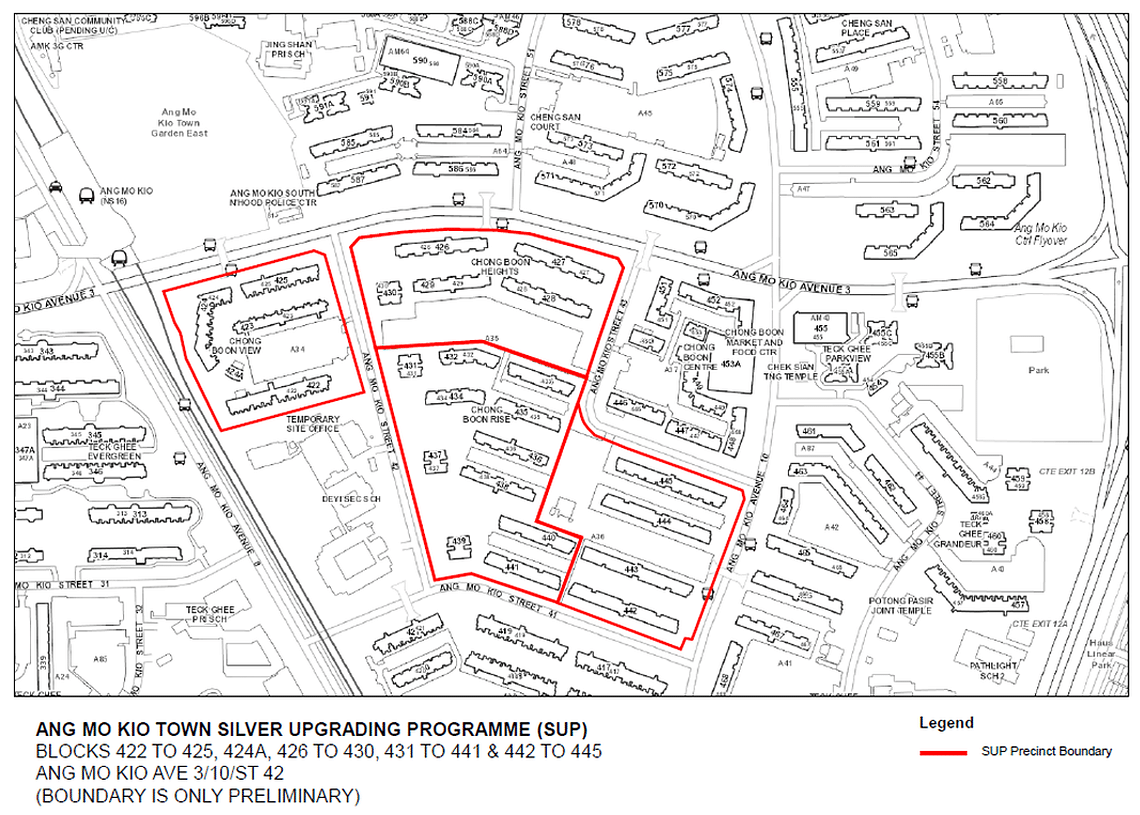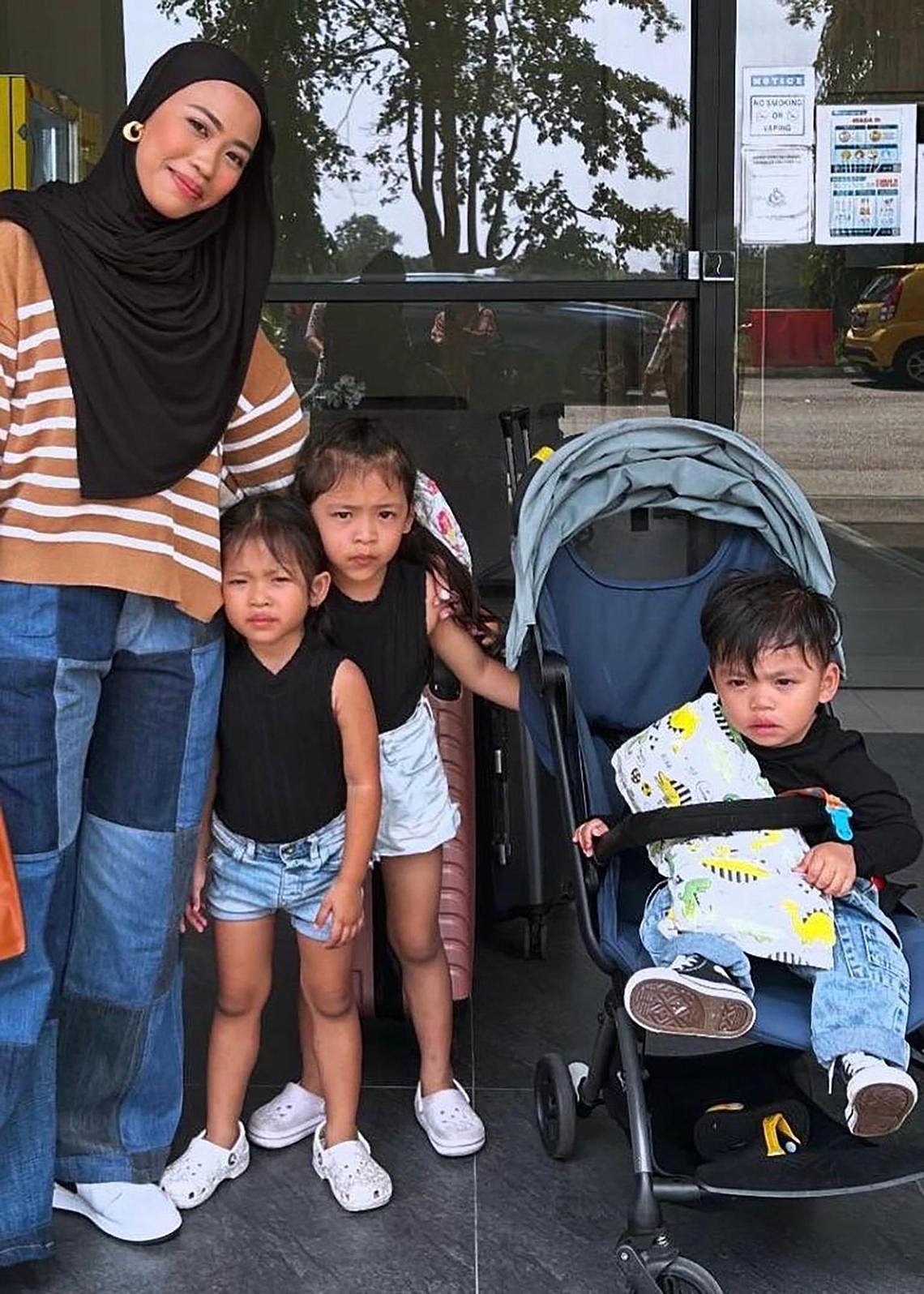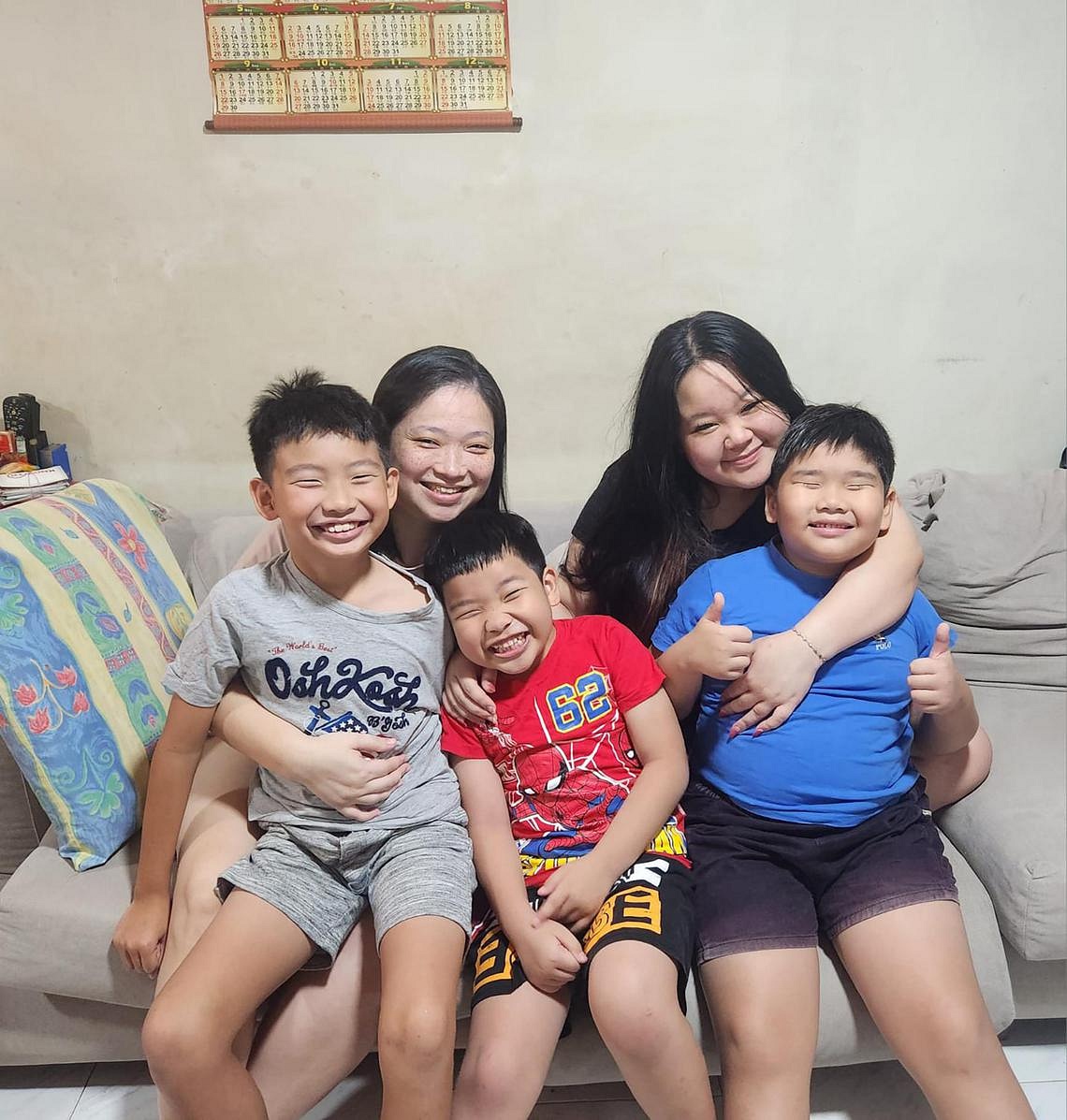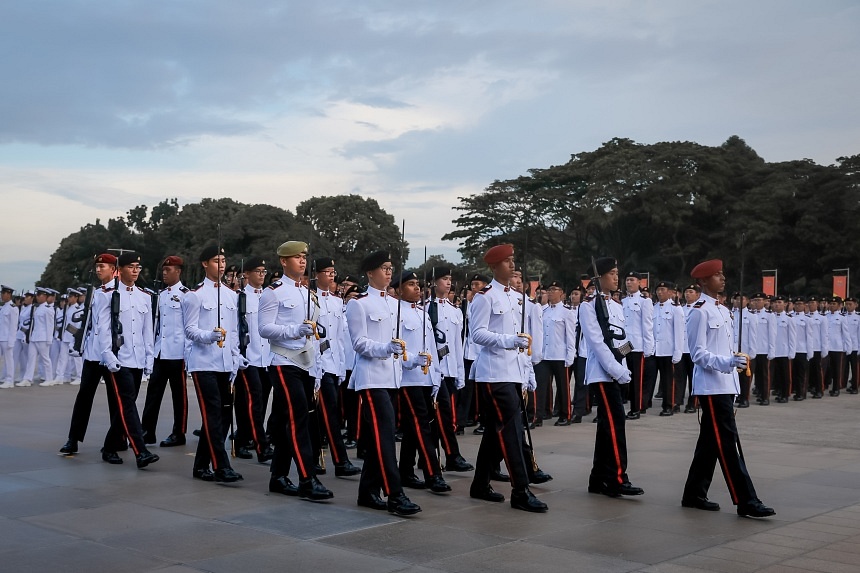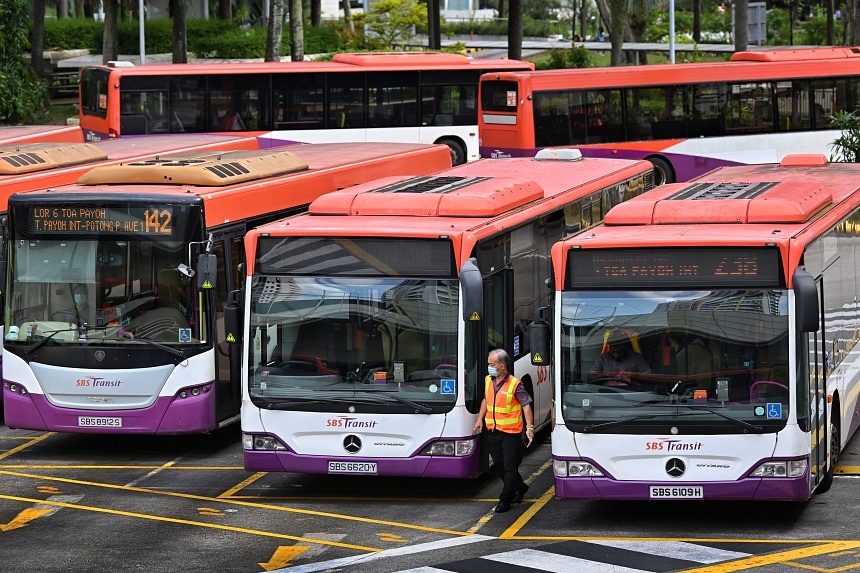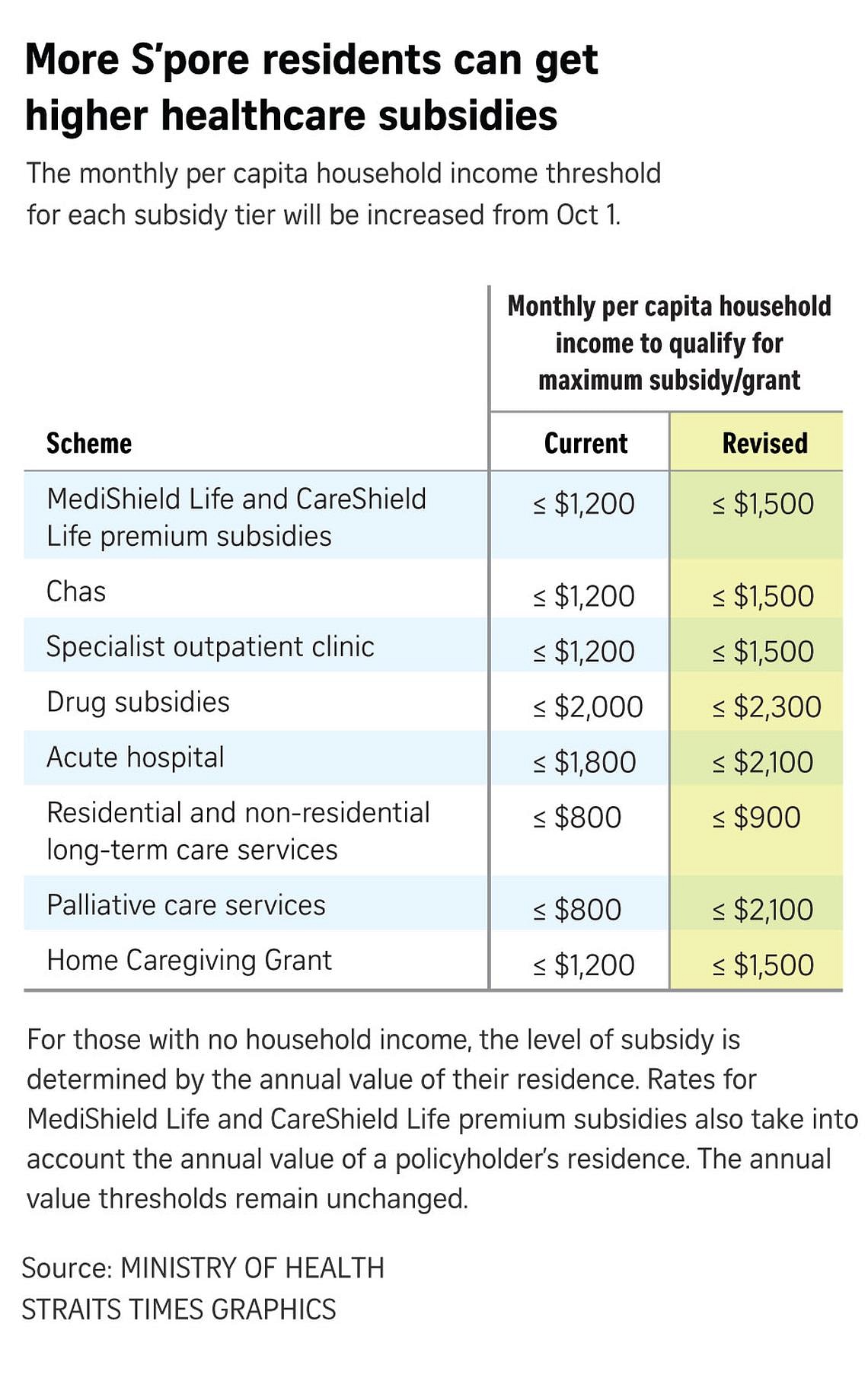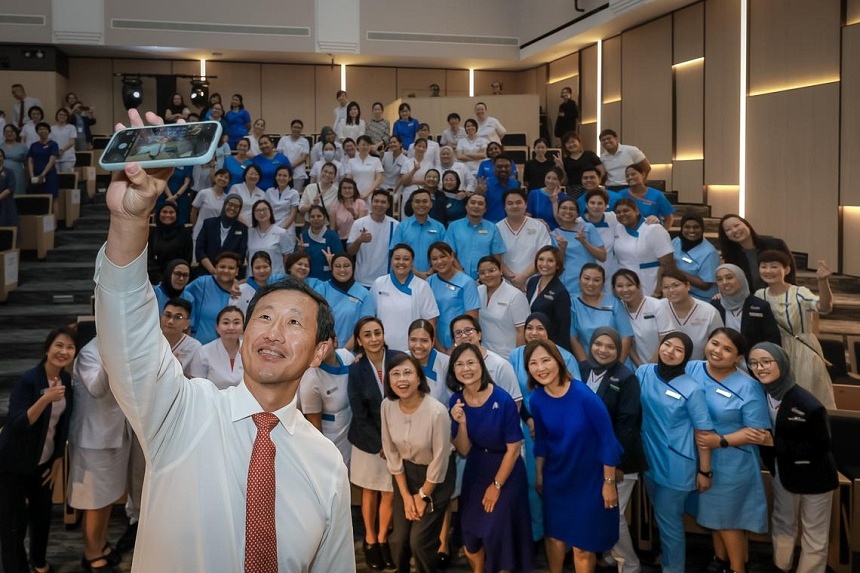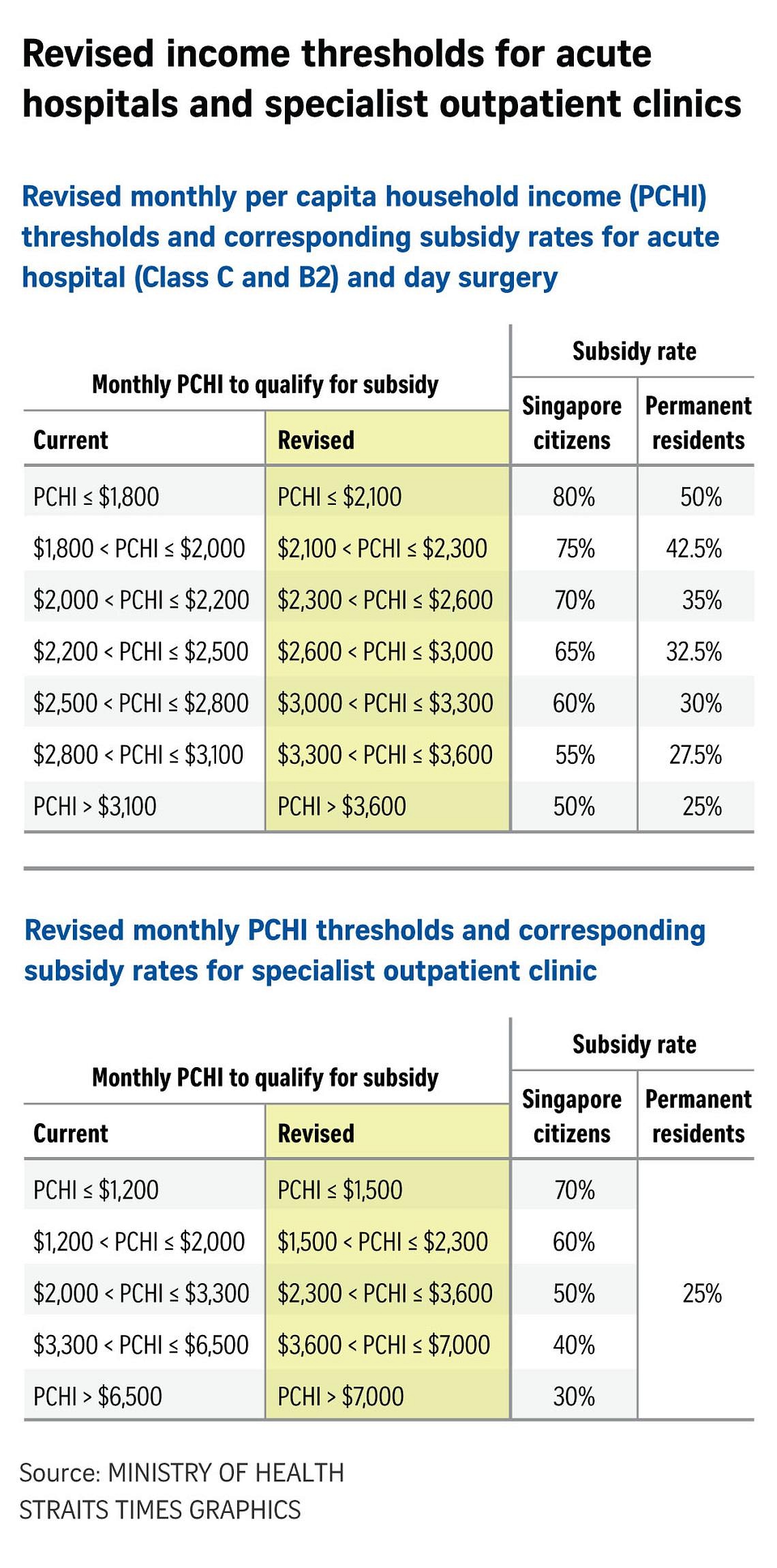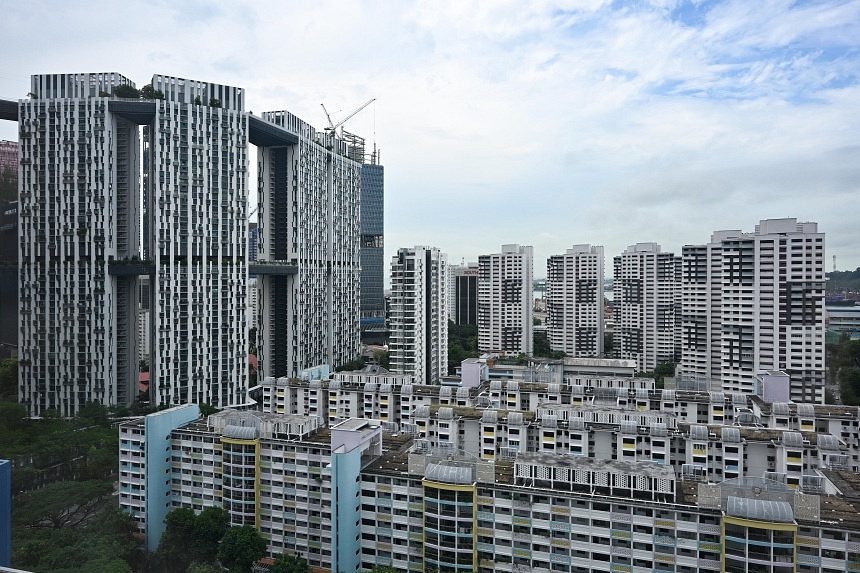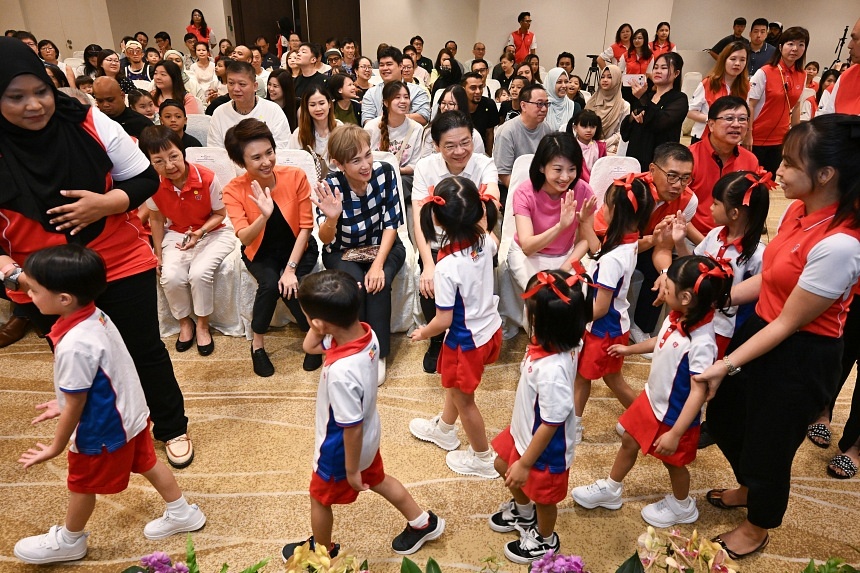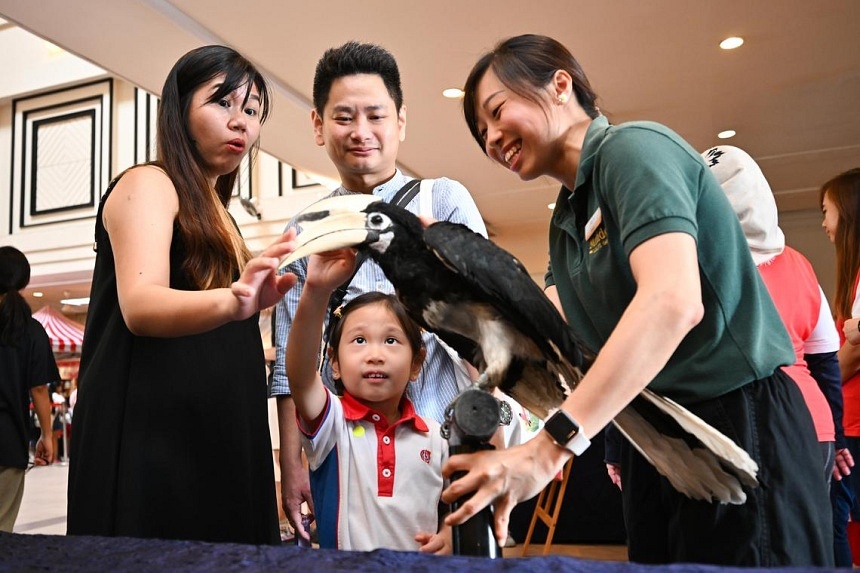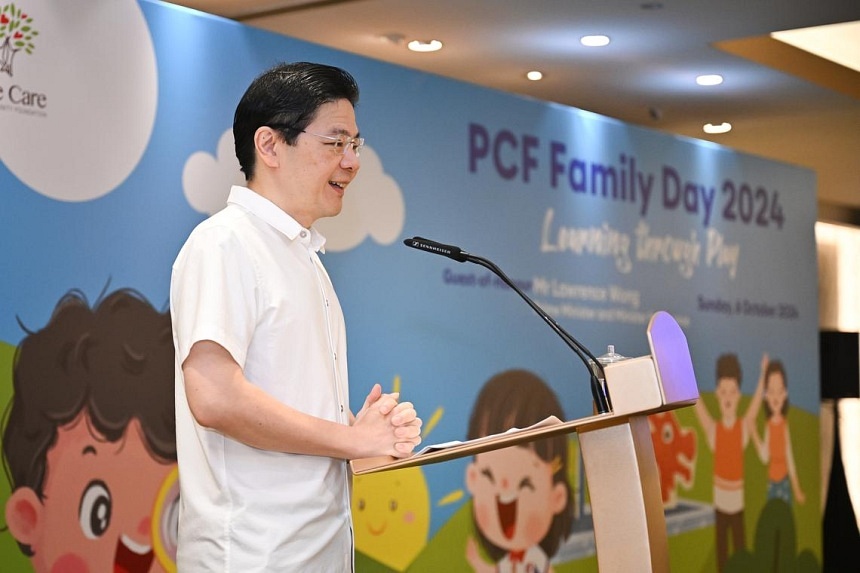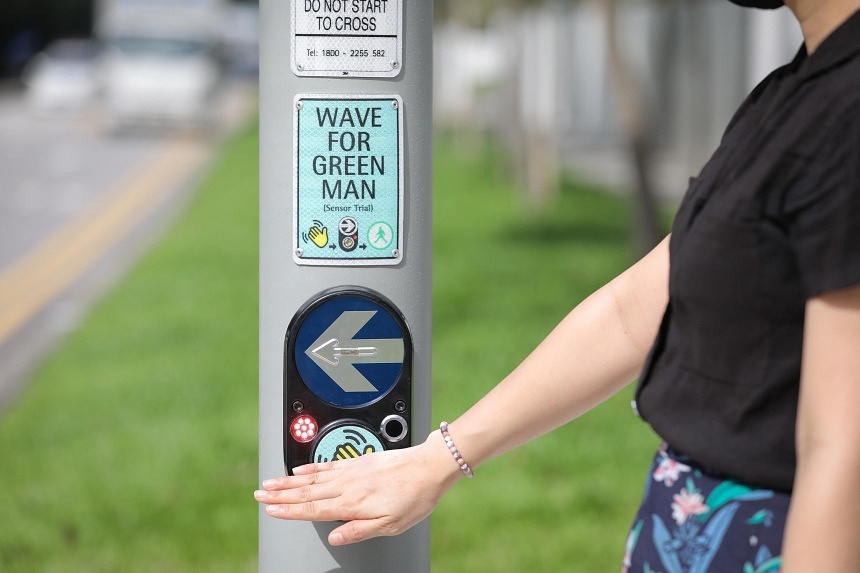- Joined
- Jul 25, 2008
- Messages
- 13,603
- Points
- 113
Cash with no strings attached trial in S’pore breaks new ground, but questions remain: Experts
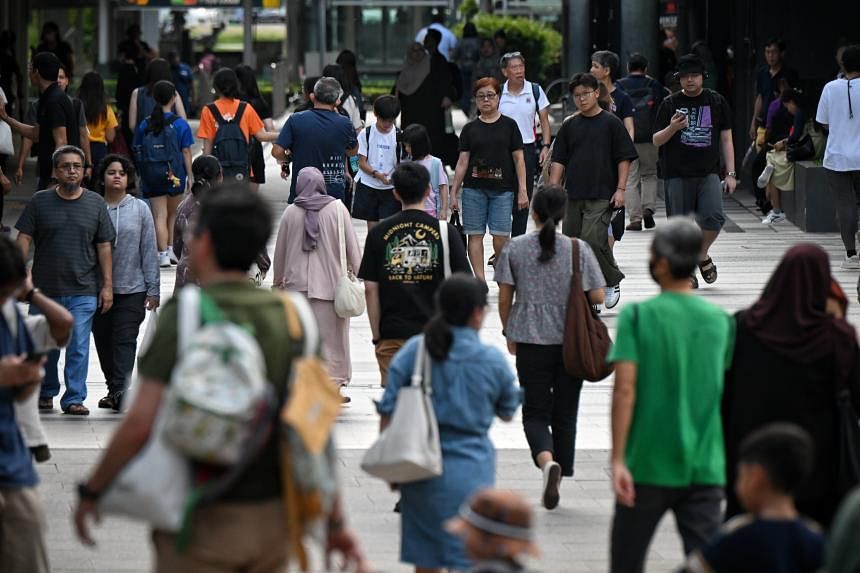
It was found that the cash improved participants’ mental health and job security, compared with the control group of 95 households. ST PHOTO: KUA CHEE SIONG

Ng Wei Kai
Jul 24, 2024
SINGAPORE – A novel project that gave 75 low-income households between $300 and $550 a month for 18 months has broken new ground in understanding the effects of unconditional cash transfers here.
Its results will help policymakers understand the costs and benefits of such schemes, and hopefully draw more funding for social innovation – though questions remain on its effectiveness in creating self-sustaining improvements in incomes and addressing wider gaps, said experts, its funders and researchers who worked on the programme.
It was run as a randomised control trial between May 2022 and November 2023 and found that the cash improved participants’ mental health and job security, compared with the control group of 95 households.
The project, known as the Family Empowerment Programme, was organised by social service agency AWWA and provided the cash with no strings attached.
To qualify, households must have had a monthly income equal to or less than $1,000 per person, or a total income equal to or less than $3,600 before Central Provident Fund deductions, among other conditions, such as having at least one adult capable of work between the ages of 16 and 65.
Breaking new ground
The findings revealed a clear and consistent pattern of improvements in families’ lives throughout a wide range of domains, said Dr Ng Kok Hoe, senior research fellow at the National University of Singapore’s Lee Kuan Yew School of Public Policy.By the end of the programme, 60 per cent of participants who received the cash were classified “well” in terms of their level of psychological distress, compared with 36 per cent of those in the control group.
When the project concluded, 27 per cent of those receiving the cash also reported better job security than before, higher than 15 per cent of those in the control group who said the same.
This meant landing more secure contracts, from part-time to full-time work, for example.
More of those who received the cash – 57 per cent compared with 51 per cent for the control group – also reported that they had better training and advancement opportunities in their current jobs than before the programme began.
The findings, which were released on July 17, corroborated the data from the qualitative interviews with programme participants, and were consistent with social workers’ practice experience, added Dr Ng, who is part of AWWA’s panel of experts and was involved in the programme as a consultant.
The project provides additional evidence of the social and economic impact of unconditional cash transfers, said Mr Christopher Gee, deputy director and senior research fellow at the Institute of Policy Studies.
Policymakers can use this to assess the costs and socio-economic benefits of an intervention or social policy that provides financial support through such unconditional transfers, he added.
It tested the hypothesis that unconditional cash transfers offer recipients control and agency over their affairs, resulting in measurably superior outcomes on employment, skills upgrading and education compared with the control group, said Mr Gee, who was not involved in the study.
By doing so, it addressed the worries that unconditional cash transfers may result in moral hazard or unintended results such as adversely affecting the work ethic of recipients, he noted.
The data and insights from the project provide an example for other large institutional funders, including the Government, on how they may play the role of “outcomes funders”, creating a pathway to sustain social innovation at scale, said Temasek Trust’s chief executive Desmond Kuek.
As agreed with the project organisers, Temasek Trust will fund the project’s second round after results passed the mark on several outcomes focused on education, skills upgrading and employment.
The first round was funded with $750,000 from Standard Chartered Bank.
Mr Kuek added that Temasek Trust hopes this project can catalyse other private, philanthropic and public-sector organisations to collaborate on solving complex issues, including social ones, which tend to be multidimensional and difficult to attribute impact to.
Questions and other gaps remain
While the study is an important one, further research is required to establish some outcomes, said Associate Professor Walter Theseira from the Singapore University of Social Sciences.The results so far appear in line with studies in other countries which tend to show improvements in mental well-being, family, consumption, and financial stability, but not improvements in work-related outcomes, said Prof Theseira.
He added: “If the objective is to reduce stress, improve well-being and improve consumption, as well as financial resilience, then unconditional cash transfers are likely to help in those dimensions, but it is less clear that they help to promote self-sustaining improvements in employment income.”
This is also because other gaps exist in improving employment outcomes for low-wage workers.
Prof Theseira said: “The reality is that many jobs available for less-educated workers, particularly workers with caregiving or other constraints, pay badly and have poor career prospects.”
The cash transfers and their benefits do not necessarily enable such families to take up better-paying jobs, if said jobs require skills they do not have and cannot realistically obtain quickly, or if the better-paying jobs have requirements such as schedules that they cannot meet with caregiving needs, he added.
“It is possible that generous cash transfers and support are a necessary condition for taking steps to work improvement, but I think right now, it’s not sufficient on its own, given the other gaps that exist,” he said.
Plugging these wider gaps is also something AWWA is working on, said its director of family services, Ms Huixia Seetoh.
The project was an early experiment in demonstrating how providing families with more stability in their income stream could positively impact a range of factors, including mental health, job quality and security, and a greater sense of empowerment, especially among women, she said.
“Moving forward, we will continue to explore how best to support the families we serve to address longer-term challenges they face, including through stronger wraparound support,” she added.

